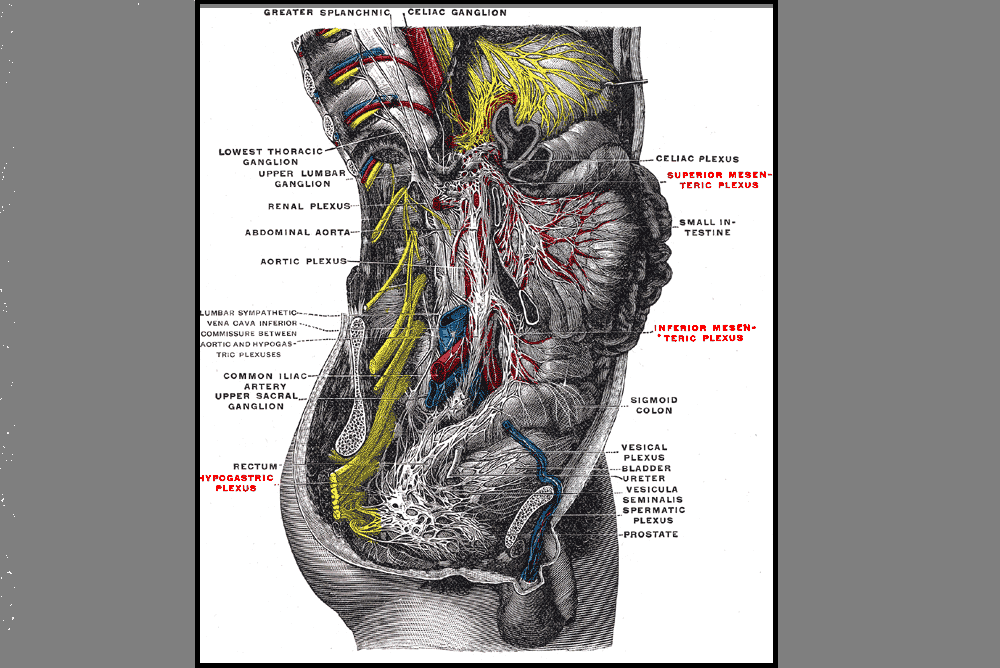
Ask yourself these 5 questions:
- Do you understand the importance of conducting medication reviews with all your patients?
- Can you confidently discuss the medications used in the treatment of pelvic floor, gastrointestinal (GI), and genitourinary conditions?
- Are you able to describe the common side effects of medications routinely used in pelvic health?
- Can you analyze the impact medications may have on a patient’s complaints and their treatment plan and outcomes?
- Are you able to effectively communicate with patients and other healthcare providers about medications?
If you answered "no" to any of these questions or are preparing for an upcoming PRPC or WCS exam, the Pharmacologic Considerations for the Pelvic Health Provider course is designed for you!
The Role of Medication Review in Rehabilitation Therapy
While managing medications is not within the scope of practice for rehabilitation therapists, it is crucial to review patient medications during the initial evaluation and on an ongoing basis. Therapists must assess the impact of medications on treatment and patient outcomes to ensure patient safety.
Why Pharmacology Knowledge Matters!
Aging Population: With an aging population, many patients over the age of 65 are on more than five medications, increasing the risk of side effects, adverse drug reactions, and drug interactions.
Informed Discussions: A solid grasp of pharmacology allows therapists to engage in informed discussions with patients and collaborate effectively with other healthcare providers.
Alternative Approaches: Understanding pharmacology enables therapists to explore recent medications, supplements, or alternative approaches that may minimize side effects, mitigate impacts on quality of life, and enhance function.
Evidence-Based Practices: Keeping current on advancements in pharmacology is essential for delivering effective, evidence-based physical therapy interventions.
Benefits of Pharmacology Understanding in Rehabilitation
Safe and Effective Treatment: A thorough understanding of pharmacology helps provide safe and effective treatment.
Optimized Rehab Strategies: Knowledge of pharmacology allows therapists to optimize rehabilitation strategies.
Patient Empowerment: Educating patients about their medications empowers them to make informed decisions.
Recognizing Red Flags: Identifying potential red flags related to medication use.
Improved Collaboration: Pharmacology knowledge improves collaboration with other healthcare providers.
Course Offering
Join Kristina Koch for the virtual course Pharmacologic Considerations for the Pelvic Health Provider on August 17th to deepen your understanding and stay up-to-date on the medications used in treating pelvic floor and women's and men's health dysfunctions. This course will provide you with the essential knowledge to confidently manage medication-related aspects of patient care, ensuring better outcomes and enhanced patient safety.
AUTHOR BIO
Kristina Koch, PT, DPT, MS, Board Certified Specialist in Women's Health PT (2013-2023), CLT

Kristina received her Master of Science in Physical Therapy in 1996 from Springfield College in Massachusetts. In 2001, while living in the Los Angeles area, Kristina started specializing in the treatment of pelvic floor dysfunction including bowel/bladder issues and pelvic pain, and in 2021, she went on to earn her doctorate of physical therapy from The College of St. Scholastica. During her time in Los Angeles, she was fortunate to work with and, be mentored by fellow Herman and Wallace faculty member, Jenni Gabelsburg, DPT, WCS, MSc, MTC. Kristina is a Board Certified Specialist in Women's Health Physical Therapist (2013-2023) by the American Board of Physical Therapy Specialties. She then received her lymphatic therapist certification (CLT) in 2015.
Kristina has successfully helped establish women’s health and pelvic floor physical therapy programs in San Diego, California, and Colorado Springs, CO where she currently works in private practice. Kristina treats men, women, children, trans and gender non-binary individuals in her practice. In addition, Kristina serves as a guest lecturer for graduate physical therapy students at Regis University in Denver, CO, and provides educational lectures to medical providers and local community groups. Outside of work, Kristina enjoys spending time with her husband and two children, skiing, running, and hiking.









































